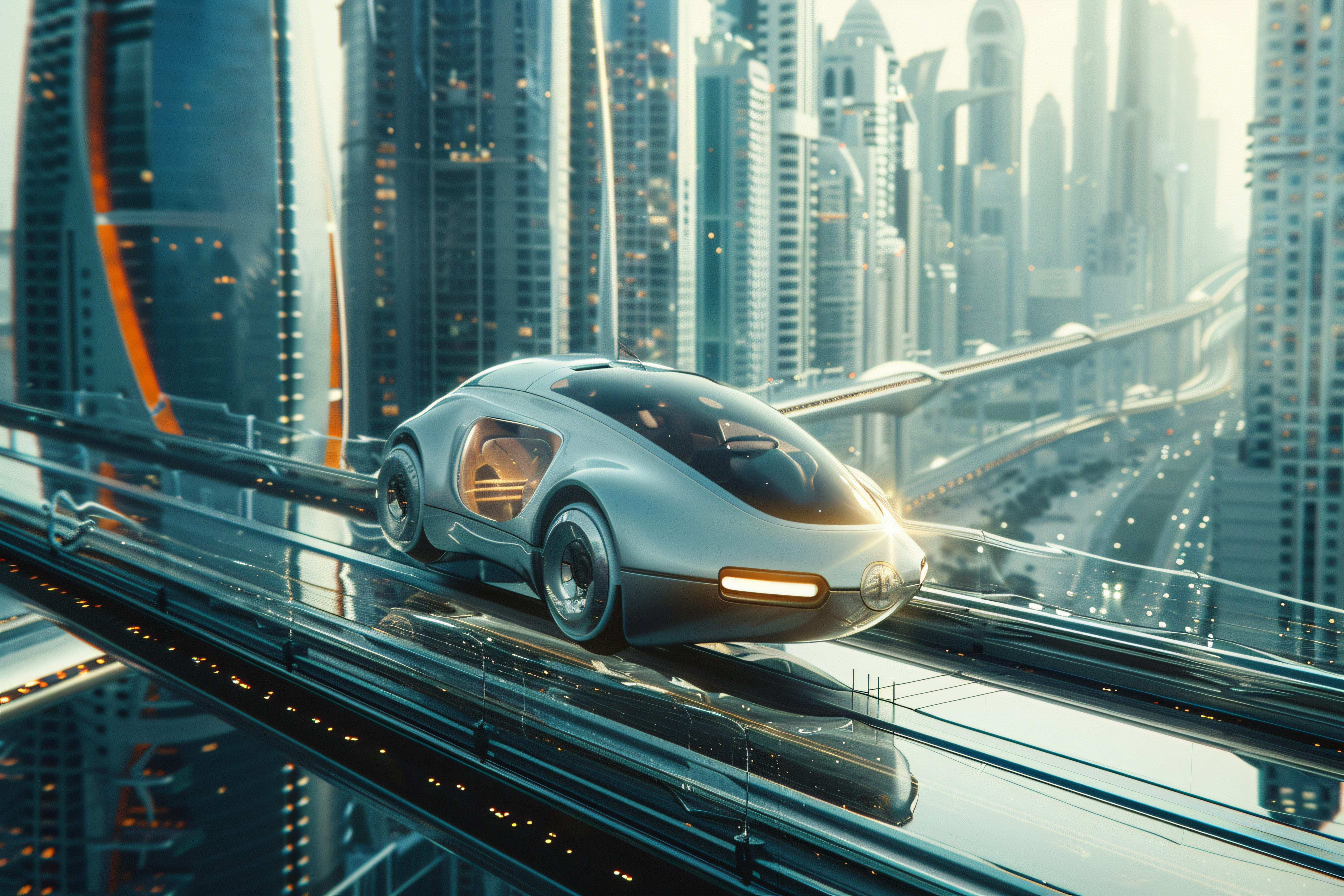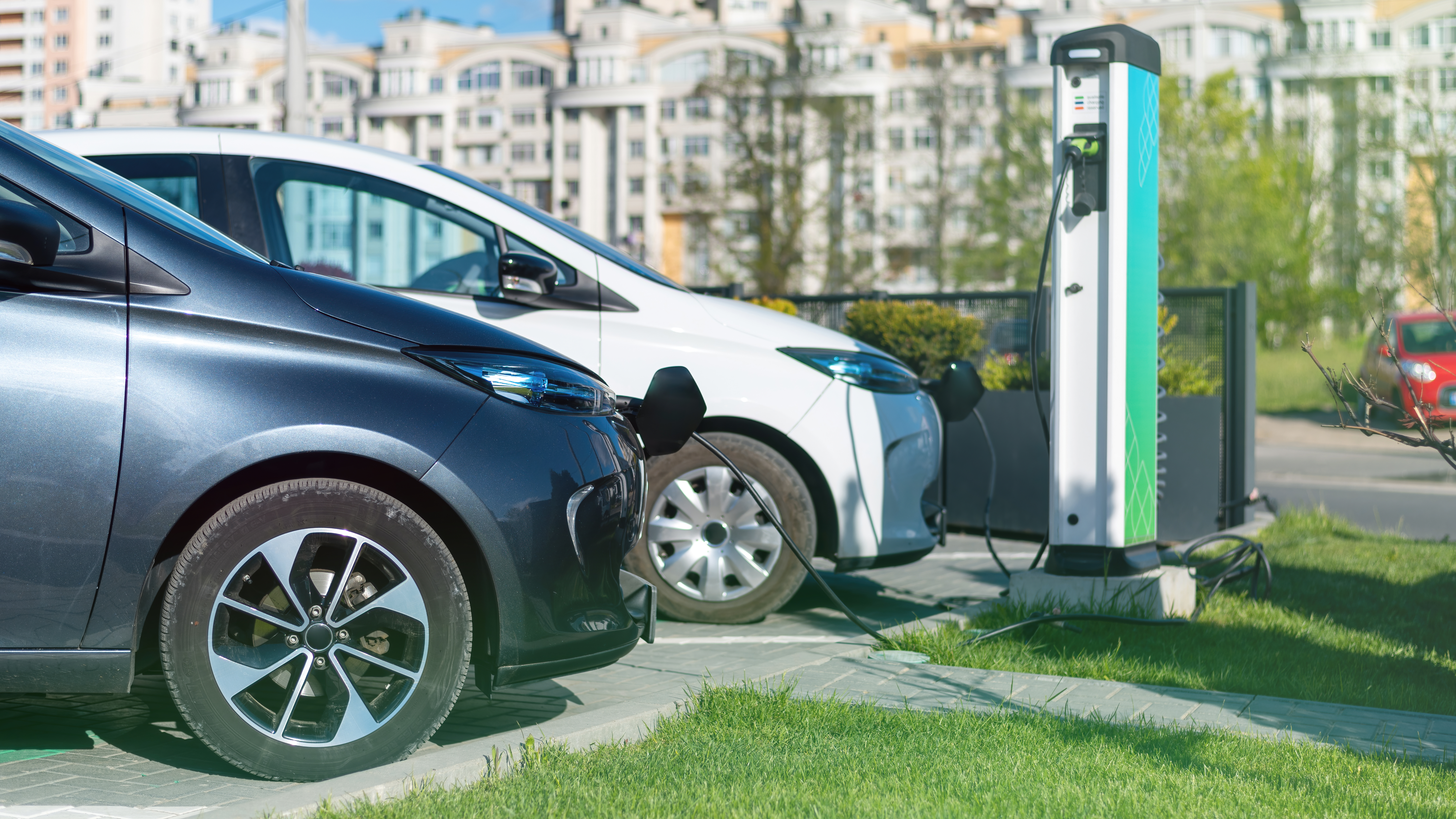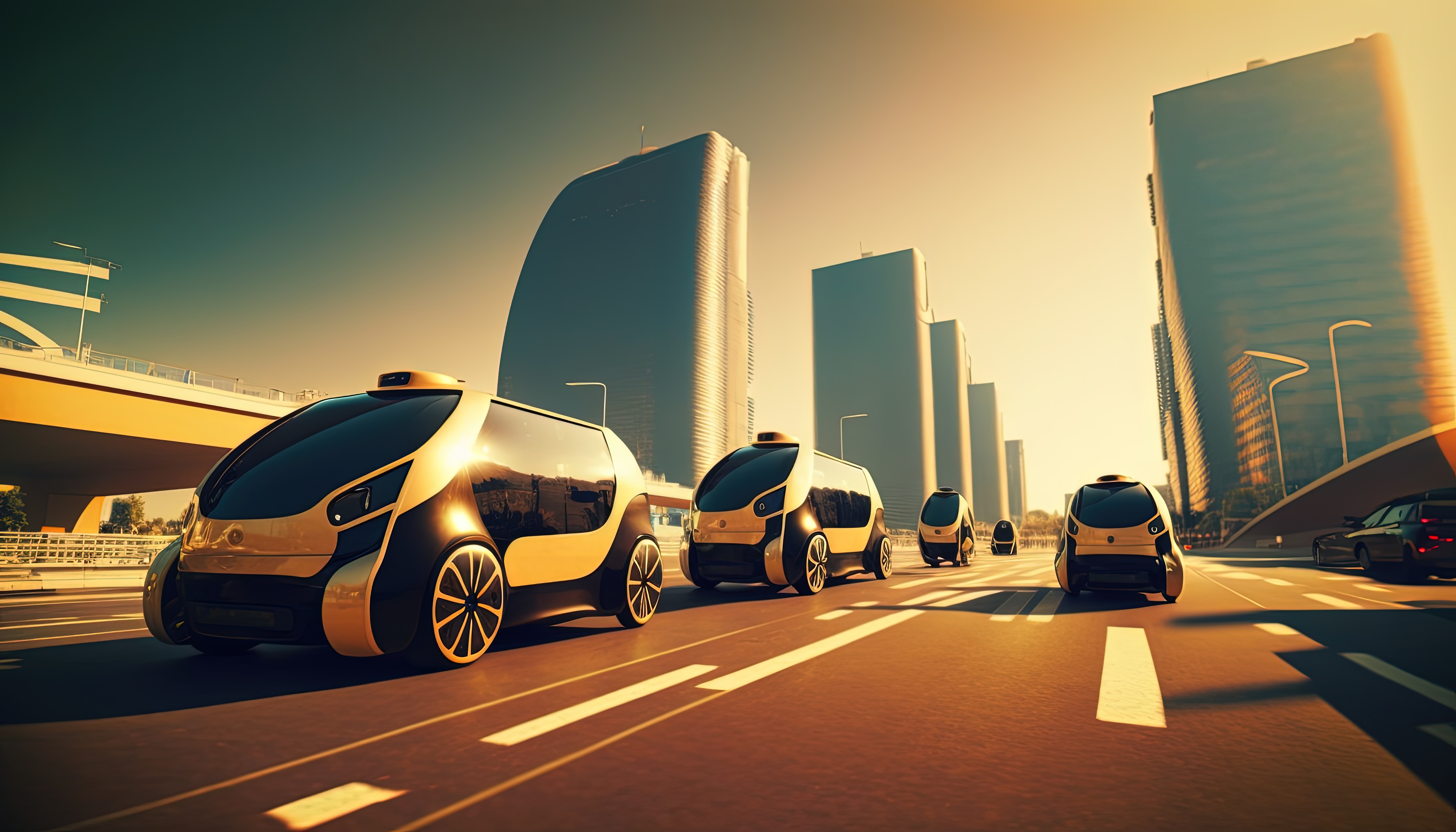The Future of Automobiles: Exploring the Shift Towards Electric Vehicles Around the World

The automotive industry is going through a significant transition that might alter not just how we travel but also the structure of our society as a whole. As we approach this transition, it is evident that electric vehicles (EVs) are the way of the future for cars and not just a fad. This blog explores the reasons behind the global trend toward electric vehicles, the advantages of EVs, the upcoming difficulties, and the implications for both manufacturers and consumers.
The pressing need to address climate change is one of the main drivers behind the growth of electric automobiles. Governments and organizations worldwide have started enforcing strict laws to cut carbon emissions as a result of increased knowledge of the negative environmental effects of fossil fuels. In order to completely switch to electric vehicles within the next few decades, nations like Norway and the Netherlands have set aggressive goals to phase out gasoline and diesel automobiles. In addition to addressing environmental issues, this proactive strategy promotes innovation in the automobile sector.
The allure of electric vehicles has been greatly increased by developments in battery technology. Lithium-ion batteries, which are included in modern EVs, offer longer ranges and quicker charging periods, reducing the "range anxiety" that was once connected to electric driving. Leading automakers like Tesla, Nissan, and Chevrolet have been at the forefront of this technology, producing cars that can go more than 300 miles between charges, making them a practical choice for daily use.
Additionally, consumers now have greater access to electric vehicles due to the decline in battery prices. Because lithium-ion battery prices have decreased by almost 90% in the last ten years, manufacturers are now able to provide electric vehicles at competitive prices. Customers may now choose from a variety of EV models, ranging from SUVs to small cars, making it simpler than ever to acquire an electric vehicle that suits their needs both financially and lifestyle-wise.
The economic benefits of electric vehicles are becoming more and more clear, in addition to the environmental advantages and technological breakthroughs. Generally speaking, EVs are less expensive to operate than their gasoline-powered counterparts. Electricity is typically less expensive than gasoline, and electric vehicles require less maintenance because they have fewer moving components. For prospective buyers, incentives like tax credits and rebates provided by different governments further sweeten the pot, making the move to electric a compelling choice.
The transition to electric vehicles is not without its difficulties, though. The requirement for a substantial infrastructure for charging is one of the major obstacles. Potential customers may be put off by the fact that rural areas frequently lag behind urban areas in the proliferation of charging stations. Recognizing this problem, governments and private businesses are making significant investments in the construction of charging networks to guarantee that electric vehicles are practical for all users, wherever they may be.
The effects of battery manufacturing and disposal on the environment are another issue. Despite having no tailpipe emissions, the extraction of raw materials for batteries, such cobalt and lithium, has environmental problems of its own. In order to reduce their environmental impact, manufacturers are putting more and more emphasis on sustainable methods, such as recycling used batteries and creating new technologies. Manufacturers will have to adjust and give sustainability top priority in their operations as consumers grow increasingly aware of a product's whole lifecycle.
Consumer perception is changing in the automotive sector as well. Traditional prejudices against electric vehicles are diminishing as more people learn about their advantages. People are realizing that electric cars (EVs) may be just as powerful and fun to drive as their gasoline-powered counterparts, dispelling the myth that they are slow or lack power. Additionally, tech-savvy consumers find the incorporation of smart technology, such as autonomous driving capabilities, in electric vehicles to be intriguing, which supports the notion that EVs are at the forefront of automotive innovation.
Looking ahead, it appears that the development of electric vehicles will be entwined with the future of automobiles. We can anticipate a steady flow of innovations that will improve performance, comfort, and safety as automakers spend billions on research and development. The possibilities are endless, ranging from the introduction of completely autonomous electric vehicles to the integration of AI and machine learning technologies.
In summary, the transition to electric vehicles is a complex trend fueled by shifting consumer attitudes, economic advantages, technological breakthroughs, and environmental consciousness. Even while there are still obstacles to overcome, this shift is clearly gaining momentum. One thing is certain as we continue to investigate the future of cars: electric vehicles are not merely a feature of the future; rather, they are opening the door for a more inventive, efficient, and sustainable automotive environment globally.



